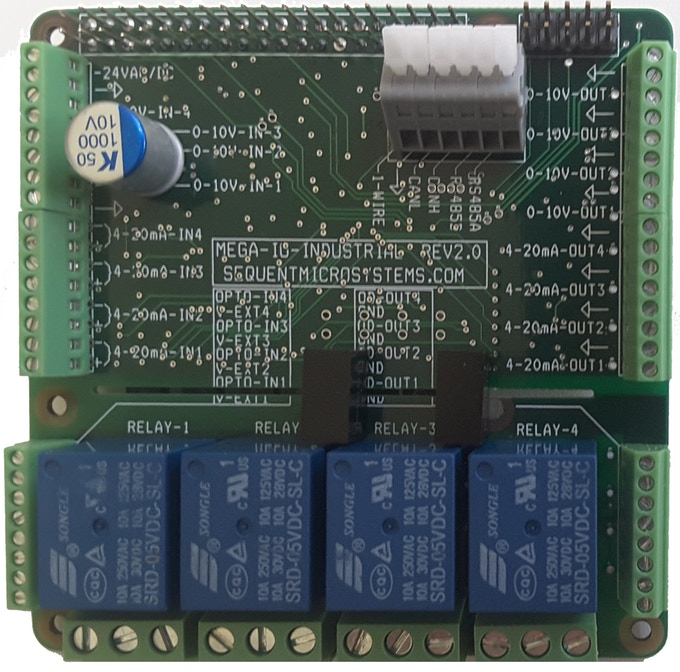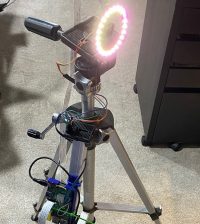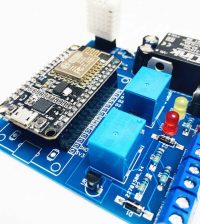- makeITcircular 2024 content launched – Part of Maker Faire Rome 2024Posted 2 weeks ago
- Application For Maker Faire Rome 2024: Deadline June 20thPosted 2 months ago
- Building a 3D Digital Clock with ArduinoPosted 7 months ago
- Creating a controller for Minecraft with realistic body movements using ArduinoPosted 7 months ago
- Snowflake with ArduinoPosted 8 months ago
- Holographic Christmas TreePosted 8 months ago
- Segstick: Build Your Own Self-Balancing Vehicle in Just 2 Days with ArduinoPosted 8 months ago
- ZSWatch: An Open-Source Smartwatch Project Based on the Zephyr Operating SystemPosted 9 months ago
- What is IoT and which devices to usePosted 9 months ago
- Maker Faire Rome Unveils Thrilling “Padel Smash Future” Pavilion for Sports EnthusiastsPosted 10 months ago
Raspberry Pi MegaIO-IND: the Low Cost Solution for Industrial Processes Monitoring

If you are a business man and you’re looking for an open source sbc for industrial use, you may be interested in a new expansion card in the form of the Raspberry Pi MEGA-IO design specifically for industrial applications. Features of the new Raspberry Pi MEGA-IO industrial expansion card include 4-20mA & 0-10V In/Out, Opto-Isolated In/Open Drain Out, 10A/250V Relays, RS585, CAN, 1 Wire, Real Time Clock, Interrupts as well as the ability to stack for together.
The Raspberry Pi MEGAIO-IND expansion card specifications include:
- 24VDC Power Supply
- Four Optically-Isolated 4-20mA Inputs
- Four 4-20mA Outputs
- Four 0-10V analog Inputs
- Four 0-10V analog Outputs
- Four Optically-Isolated Digital Inputs
- Four Optically-Isolated Open Drain Outputs
- Four Optically-Isolated 10A/250V Relays with status LED’s
- Four General Purpose LED’s
- RS485, CAN, 1 Wire communication
- Real time clock with battery back-up
- Configurable Interrupts
“The Raspberry Pi expansion connector is passed through and can be used to access all the GPIO pins, or to install any 3rd party add-on card. Up to four MegaIO-Industrial cards cand be stacked on top of each other. Any number of cards can be controlled from a single Raspberry Pi using the RS485 port.”
Worldwide shipping is expected to take place during January 2019. For more information you can visit the related Kickstarter page or watch the video below.















